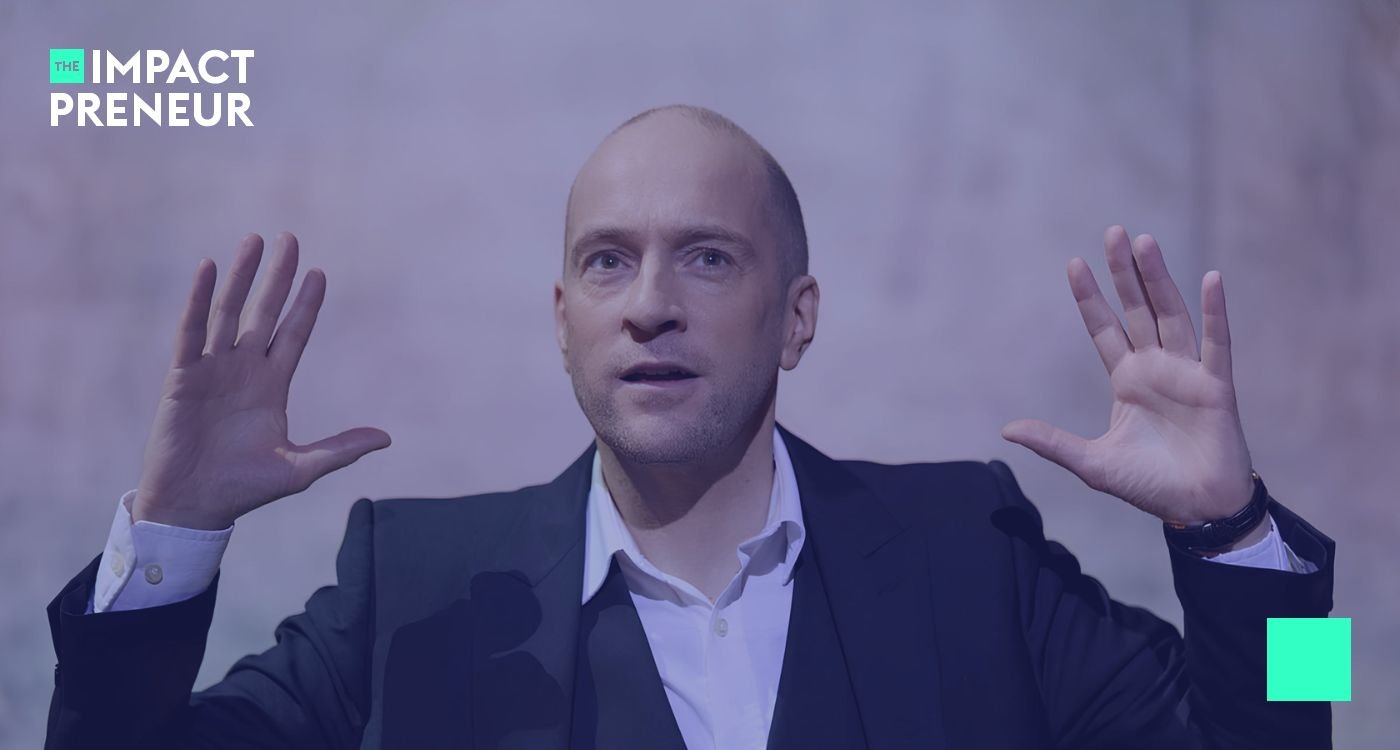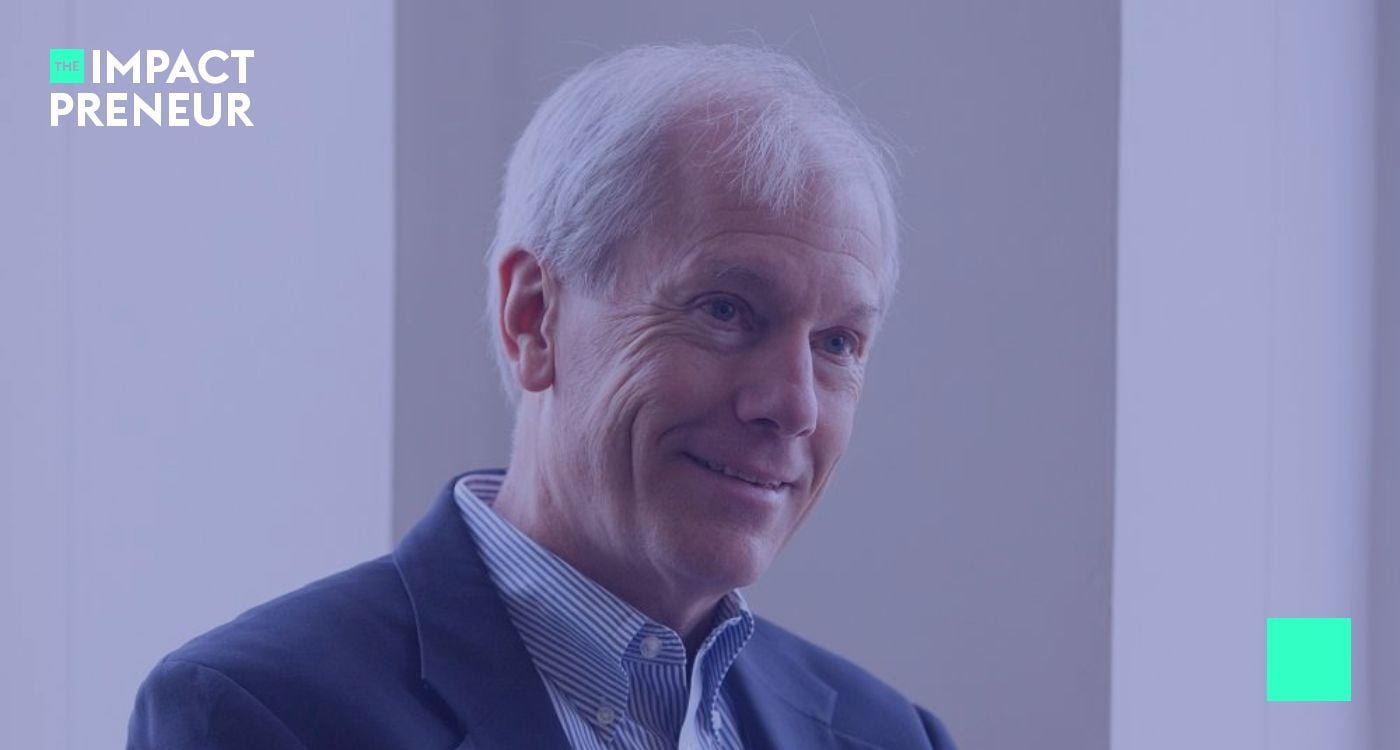Photo by Tima Miroshnichenko
Diving into the minds of the market's mavens reveals secrets that can revolutionize not just how we invest, but how we live. Ever thought the key to both could be the same? Well, buckle up. We're unpacking the wisdom of the wealthy, not in terms of their bank accounts, but their life accounts. And guess what? It's not about making a quick buck. It's about making smart moves and living smarter. Let's decode this together, shall we?
Quick Bites:
- Keep it super simple.
- More isn't always better; sometimes, it's just more.
- Smart folks focus on not doing dumb stuff.
- Real riches? It's all about the people.
Keep It Super Simple
Joel Greenblatt, ever hear of him? His mantra: buy low, sell high. Simple, right? Yet, behind this simplicity lies a universe of wisdom. It's like discovering the only ingredient you need for happiness is, well, to be happy. Who knew?
But simplicity in investing is like finding a north star in a sky cluttered with stars. It guides you. In a world bombarded with too much information, clarity becomes your best friend. And simplicity? That's its middle name. It's about making the complex understandable and the overwhelming manageable.
This principle isn't just for your portfolio; it's for life. The happiest folks you know probably live by this creed. They cut through the clutter, focusing on what truly matters. And that, my friends, is a lesson worth learning. Simplicity isn't just a strategy; it's a way of life.
Simplicity gives us the power to focus, to see beyond the immediate and find what truly matters. It's about stripping away the excess until what remains is the essence. This isn't about minimalism for the sake of minimalism. It's about finding your essence, in investing and in life.
More Isn't Always Better
Tom Gayner's office is a fortress of solitude. Why? Because he knows the power of minus. Laura Garrett treats Fridays like a sacred space, free from plans. These giants of investing teach us a crucial lesson: subtraction is a form of addition.
Every notification vying for your attention is a thief, stealing a piece of your peace. Imagine the freedom in turning them off, in creating a sanctuary where your mind can wander, create, and thrive. That's the real power of minus. It's not about what you lose; it's about what you gain.
This principle of subtraction isn't just about clearing your physical space; it's about decluttering your mental space too. It's about prioritizing what truly matters, what makes you tick, what gets you up in the morning. And sometimes, that means letting go of what doesn't serve you.
But let's get real for a second. This isn't just about being better investors; it's about being better humans. When we subtract the unnecessary, we make room for the essential. And often, that's where we find the most joy, the most fulfillment, and yes, the most success.
Don't Be a Fool
Charlie Munger, the sage of simplicity, drops a bombshell of wisdom: Don't be a fool. It's a mantra that's as profound as it is pragmatic. It's not about chasing brilliance; it's about avoiding boneheaded blunders.
Playing defense in the game of life and investing is underrated. It's about knowing your limits, understanding that not every opportunity is for you, and that's okay. This kind of wisdom keeps you from making decisions that you'll regret.
Avoiding foolishness is a skill, one that requires humility, patience, and a dash of self-awareness. It's about recognizing that the flashiest path isn't always the right one. And in a world where everyone's looking for the next big thing, perhaps the smartest move is to not move at all.
Munger's approach is a masterclass in life strategy. It's a reminder that avoiding mistakes is as important as making the right moves. And in the long run, it's this defensive play that keeps you in the game, both in the market and in the maze of life.
The Real Treasure? People.
After rubbing shoulders with the financial elite, a simple truth emerges: wealth is not about the size of your portfolio. It's about the richness of your relationships. It's a lesson that's as old as time, yet we need to hear it again and again.
Ed Thorpe, a legend in more ways than one, says it best: the company you keep is your truest wealth. It's a perspective that shifts the goalposts from accumulating wealth to accumulating moments, from counting dollars to making moments count.
This realization is a game-changer. It shifts our focus from the external to the internal, from what we have to who we are. And in this shift, we find a deeper understanding of what it means to be truly wealthy. It's about investing in people, in experiences, and in the joy they bring.
The journey to real wealth is about more than just financial acumen; it's about emotional intelligence. It's about recognizing that the best investments aren't in stocks or bonds but in the people we love and the experiences we share. And that, my friends, is the richest investment of all.
Actionable Steps:
- Embrace Simplicity: Challenge yourself to simplify one aspect of your life this week. See what changes.
- Practice the Art of Minus: Identify one thing you can subtract from your daily routine. Notice how it makes you feel.
- Avoid Foolishness: Educate yourself. Understand what you're getting into and why. If it sounds too good to be true, it probably is.
- Invest in People: Make an effort to connect with someone important to you. Remember, that's where real wealth is found.
We've journeyed through the wisdom of the greats, uncovering the principles that guide them not just in investing, but in life. Simplicity, subtraction, avoiding foolishness, and valuing relationships emerge not just as strategies for financial success, but as pillars for a rich and fulfilling life. Here's to living and investing wisely, and cherishing the true treasures in our lives. Cheers to a life well-lived, by any measure.
Questions on the Topic
Q: How can I start making money in the stock market with little to no experience?
A: Diving into the stock market headfirst with minimal experience is like trying to bake a gourmet cake without knowing the difference between baking soda and baking powder. Catastrophe waiting to happen, right? But don't fret. Start by getting cozy with the basics: understand what a business is worth and aim to buy its stock for less. Sounds straightforward, doesn’t it? Remember, though, simplicity doesn’t equal easy. Equip yourself with knowledge first, and consider leveraging resources like books, online courses, and reputable financial news sources to build a solid foundation.
Q: What’s the secret to becoming a successful investor?
A: Simplicity, subtraction, and a dash of not being a fool. Legendary investors like Joel Greenblatt boil down success to understanding the true value of a business and snatching it up for less. But the real kicker? They live by robust, simple principles that navigate them through the chaos of the market. It’s about cutting through the noise, focusing on what matters, and, let’s be honest, a healthy dose of common sense. And remember, avoiding "standard stupidities" can be as crucial as making smart choices.
Q: How do great investors handle market crashes and uncertainty?
A: Picture this: the market's in freefall, chaos everywhere, and yet, the greatest investors are as chill as cucumbers at a spa. Take Bill Miller, for example, who, amidst the 9/11 aftermath, doubled down on plummeting stocks with a zen-like calm. The secret? They see volatility not as a threat, but as an opportunity. The lesson here? Keep a cool head when everyone else is losing theirs. Easier said than done, but with practice, a bit of courage, and a solid investment philosophy, you too can learn to ride the waves rather than being swept away by them.
Q: Can simplifying my life really improve my investment strategies?
A: Let’s talk about life decluttering. Ever noticed how a cluttered desk or a jam-packed schedule drains your energy? The same principle applies to investing. Top investors often lead lives that could rival a Zen master's, focusing on what truly matters and cutting out the rest. Tom Gayner and Laura Garrett, for example, champion the art of subtraction, removing distractions to hone their focus on making savvy investment decisions. Try applying this minimalist approach to your life and investments: prioritize, simplify, and watch the magic happen.
Q: What's one piece of advice for avoiding common investment pitfalls?
A: Charlie Munger, the legendary partner of Warren Buffett, offers this golden nugget: focus on not being a fool. It sounds simple, but it's profound. Avoiding folly is about steering clear of obvious mistakes that can derail your financial future. This could mean not chasing after the latest investment fad without understanding it or not letting fear and greed dictate your investment decisions. Munger advocates for learning from the missteps of others and then doing your best not to repeat them. Remember, in investing, sometimes the best move is knowing what moves not to make.
Q: How important are relationships and personal happiness in the context of financial success?
A: Here’s a thought that might surprise you: when it comes down to it, the richest investors will tell you that their billions can't buy happiness. Sure, financial independence is fantastic, but it's the quality of your relationships that truly enriches your life. Legendary investor Ed Thorpe hit the nail on the head when he said the key to a truly abundant life is who you spend your time with. So, while you're busy building your financial empire, don't forget to invest in your personal relationships. That's the real jackpot.




